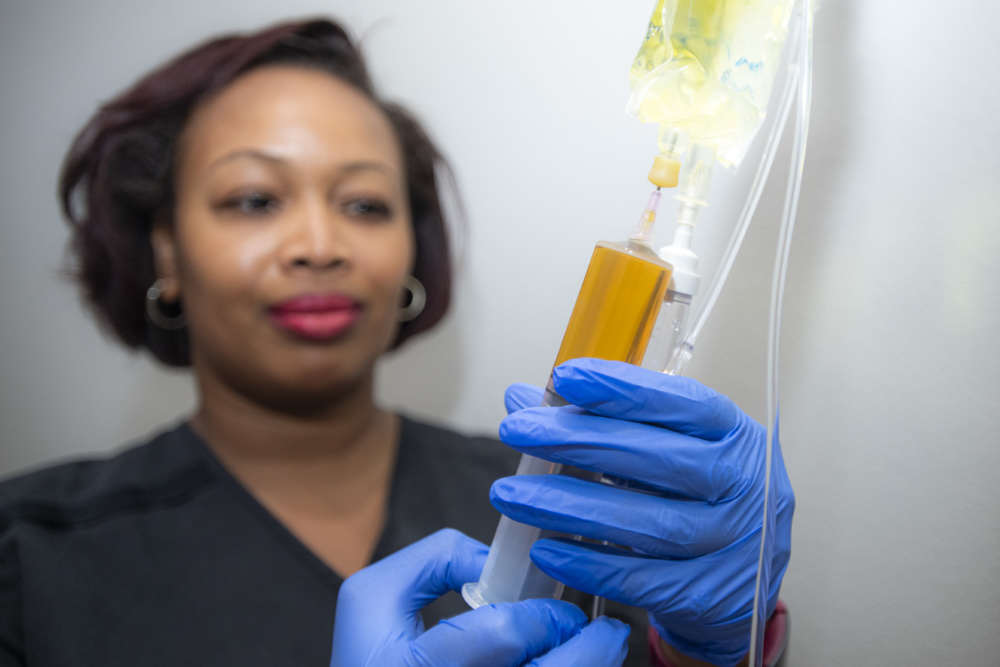5 Symptoms That Could Signal Appendicitis
Provided by Dr. Maria Palafox – South Texas Breast Surgery
Your appendix is a small, pouch-like organ connected to your intestines on the lower right side of your abdomen. If your appendix becomes blocked, inflamed, and infected, a condition known as appendicitis occurs. Appendicitis is a serious medical emergency, so knowing what the symptoms are can save your life.
Signs of appendicitis
Dr. Maria Palafox, a general surgeon in San Antonio, Texas, would like you to know about five symptoms that may signal the development of appendicitis. Dr. Palafox specializes in appendectomy, the surgical procedure used to treat this serious condition. Here are three dud symptoms you should look for:
Abdominal pain
For most people with appendicitis, pain is the first sign of symptoms they notice. Many people who have had appendicitis say that the pain it causes feels different from other abdominal pain they’ve felt in the past.
Appendicitis typically causes severe, sudden pain around your navel or on the lower right side of your abdomen. The pain may move from the center of your belly to the right side, or it may stay in one place. It may worsen over the course of a few hours. And it may get more severe when you walk, cough, sneeze, take deep breaths or make sudden moves.
Abdominal swelling
As your appendix becomes inflamed, it can cause swelling in your belly, especially on the lower right side. You may also feel your abdominal muscles becoming rigid or taut.
Fever
Fever is your body’s way of fighting infection. A fever can cause an increase in body temperature as well as chills and flushed skin.
Nausea or vomiting
As your body reacts to the infection in your appendix, you may feel sick to your stomach. This nausea may lead to vomiting.
Constipation or diarrhea
Appendicitis may cause your digestive system to speed up or slow down, resulting in constipation (an inability to pass a bowel movement) or diarrhea (loose stools).
Most people with appendicitis don’t have all five of these symptoms. You may experience just abdominal pain, for example, but have no noticeable swelling, fever, or gastrointestinal symptoms.
What to do if you have symptoms
Appendicitis can be life-threatening, so if you think you may have it, you should absolutely seek medical care right away. When appendicitis develops, the appendix becomes infected, swells, and fills with bacteria and pus. If it is not treated, it can rupture, or burst.
A ruptured appendix is a potentially fatal medical emergency because it can spread infection throughout your belly and cause a condition known as peritonitis. But when it is treated promptly, you should make a full recovery.
Removing your appendix
If you have appendicitis, you most likely need to have your appendix surgically removed. Depending on a variety of factors, including the stage of your appendicitis and your overall health, Dr. Palafox can remove your appendix in one of two ways: via laparoscopic appendectomy or open surgery.
Whenever possible, Dr. Palafox uses the latest laparoscopic techniques to perform a minimally invasive appendectomy. During laparoscopic surgery, she makes tiny incisions in your belly and inserts a small camera and specialized instruments, which she uses to remove your appendix.
If you require an appendectomy, you can trust Dr. Palafox to provide you with the highly skilled surgical care you need. Call our office to learn more.
If you are interested in learning about the services South Texas Breast Surgery provides, visit, www.mariapalafoxmdtx.com.





Recent Comments